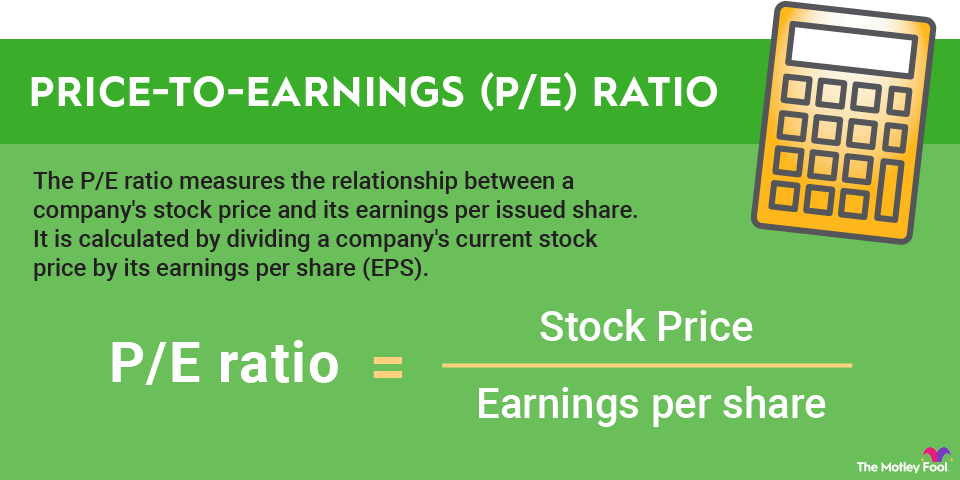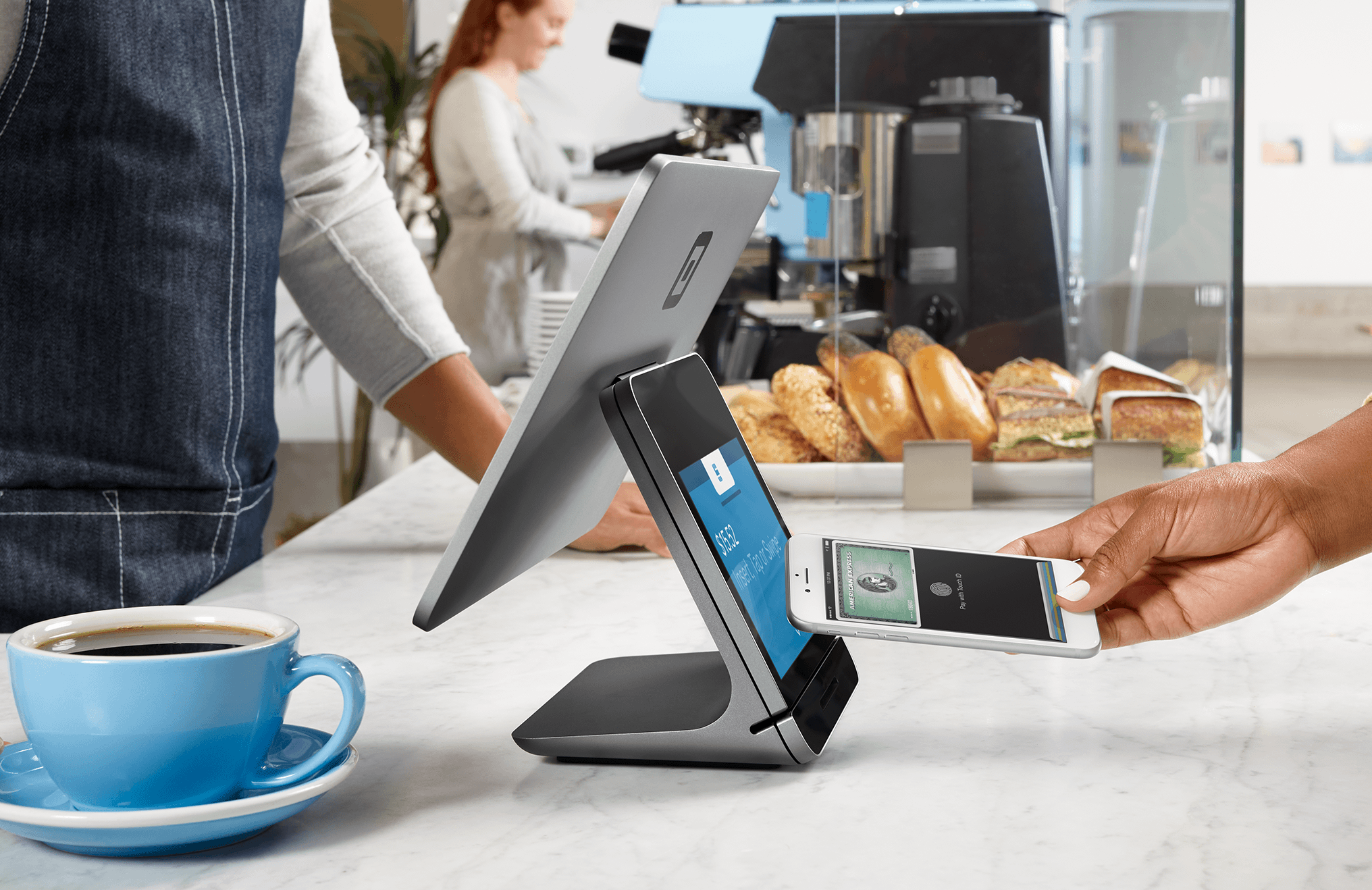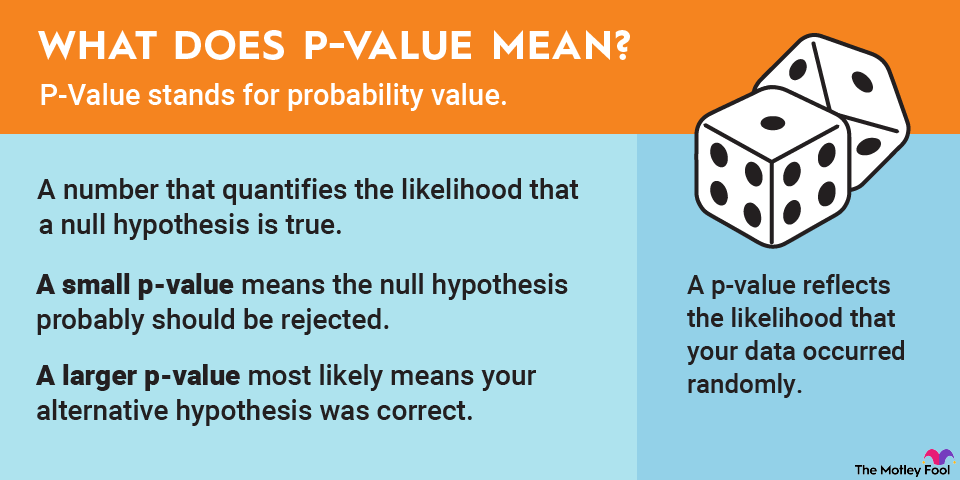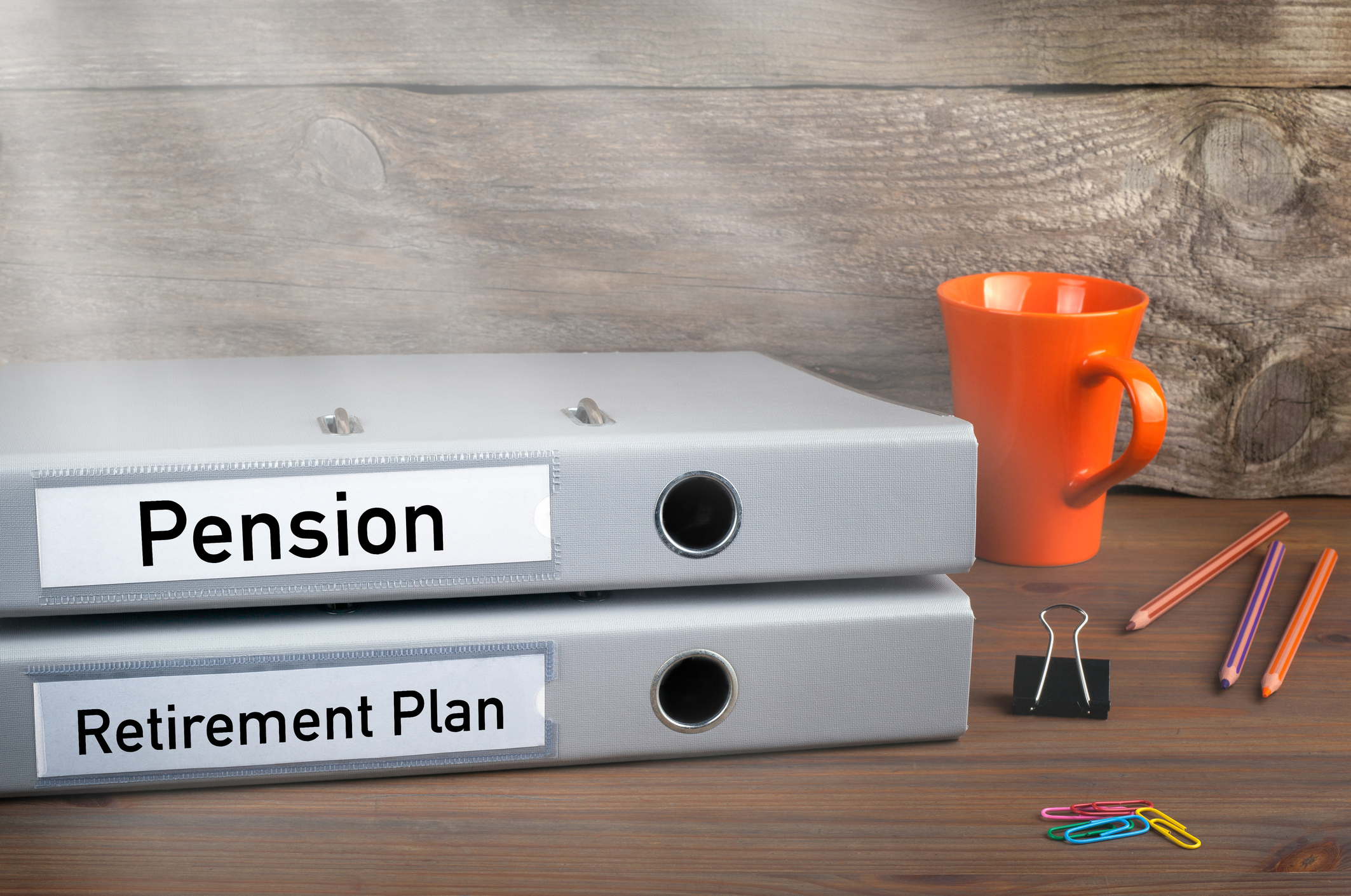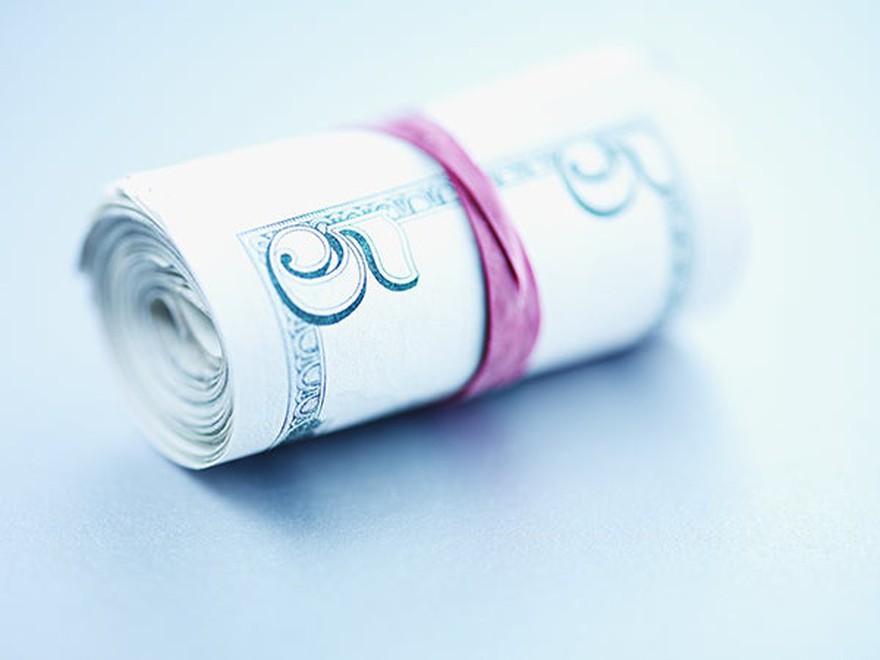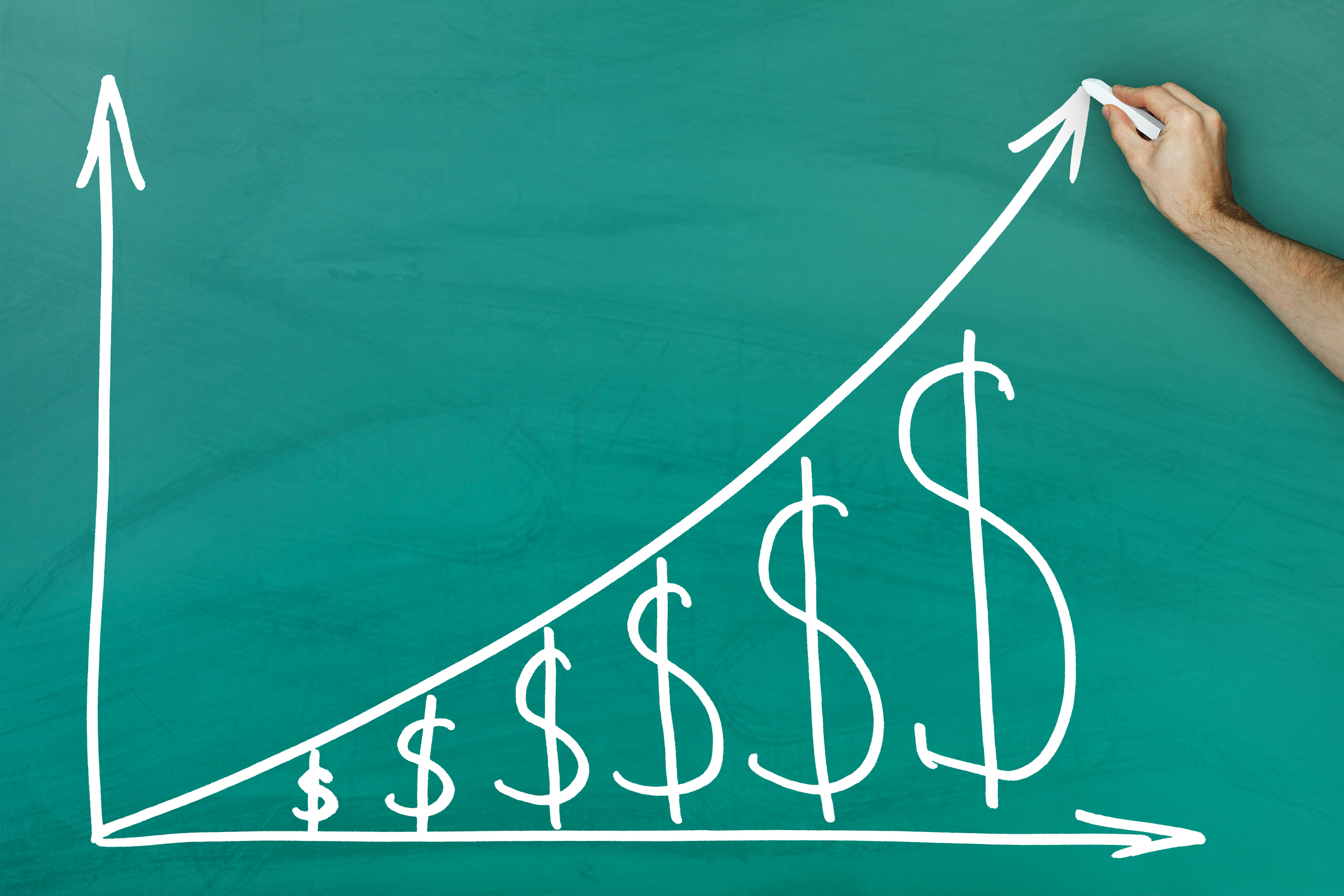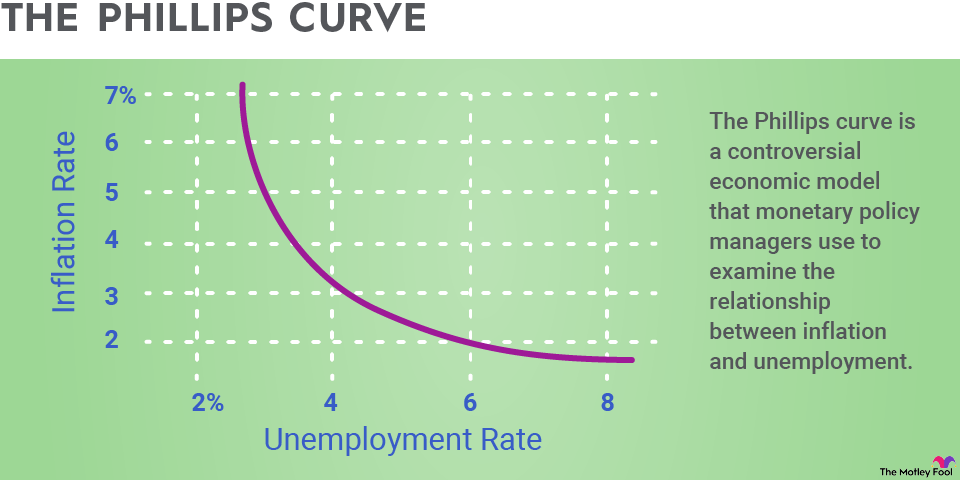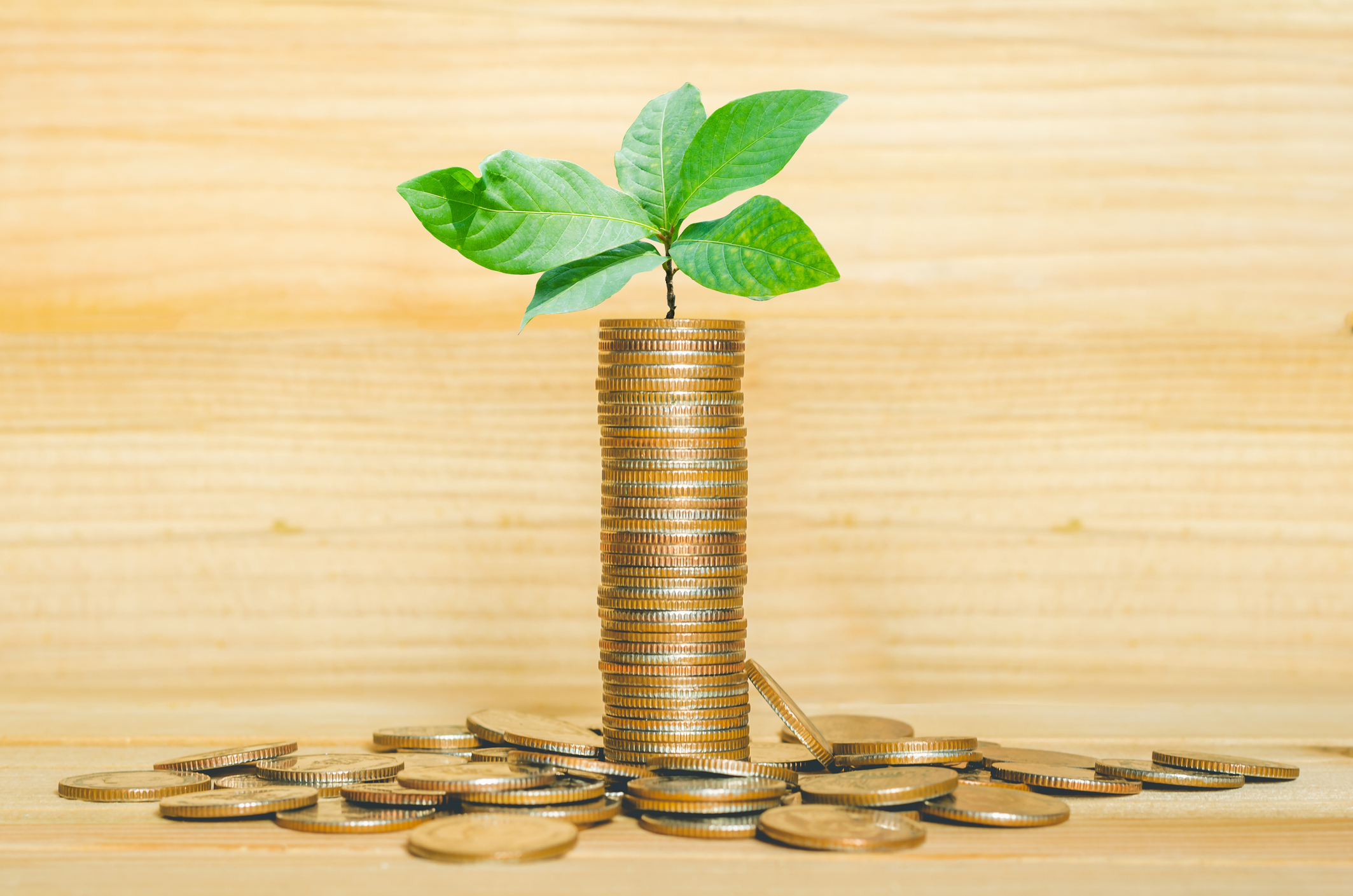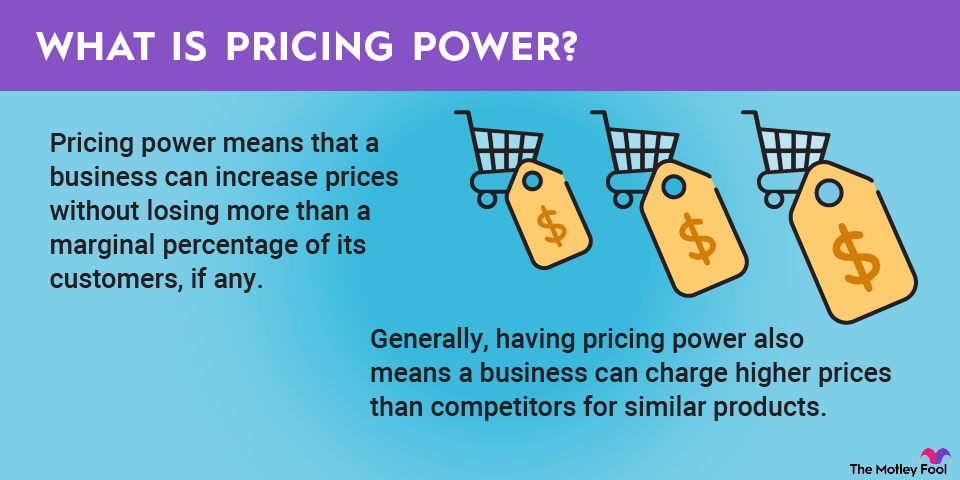Personal finance is one of the most important subjects you can learn if you want to successfully manage your money. In this article, we'll discuss what personal finance is, what it includes, and why it matters to absolutely everyone.

What is personal finance?
Personal finance is a wide-reaching term for the decisions we make every day about money. It often encompasses things like:
- Budgeting.
- Saving money.
- Choosing investment instruments.
- Taking out loans and credit.
- Buying insurance.
- Planning for the eventual distribution of your assets, often in retirement.
Because it covers such a broad range of topics, personal finance can be a little bit different for everyone. Regardless of which aspects are most important to you, the concepts are vital to achieving financial stability.
Five areas to focus on in personal finance
Personal finance has many components. Here are five areas personal finance often focuses on.
Income
Income is the starting point for any personal finance education. If you have no income, it's difficult to establish a modern personal finance plan. This income can include regular wages, business income, dividend income, retirement account withdrawals, Social Security and other benefits, alimony, and more.
Spending
Knowing the amount of money you spend regularly is crucial to your financial well-being. The bulk of your income may go toward things you have no choice but to pay for, like rent and utilities, but you do have some control over the discretionary things in your life and the choices you make about how to allocate funds. Making even small changes, like aggressively shopping sales for things you need, can add up over time.
Saving
If there's anything left after spending on necessities, you can start to establish some savings. Having emergency savings can help you avoid debt traps and major stressors should you face a layoff or unexpected illness.
Most financial experts advise that you should save anywhere from three to six months of bills in your emergency fund, but few people can do that all at once. You may need to budget a small amount to set aside each month to build your savings incrementally.
Investing
Once you've established a healthy emergency savings account and have paid your debts down, you can start to think about investing, which is a great way to increase your income. Investing can mean a lot of things, but here at The Fool, we're mostly focused on buying stocks and holding them in a diversified portfolio for the long term.
Index funds can be a great alternative to buying individual stocks, and many pay dividends that will come back to you periodically. Treasury notes, bills, and bonds are also safe investments for beginning investors.
Protection (insurance/estate planning)
Protection is listed last here, but it's something you need to consider throughout your personal finance journey. As your income and assets increase, you'll need more protection.
For example, if you start high school with a clunker of a car, you may only get your state's minimum insurance coverage – and that's fine.
But as you move through your career, you may want to upgrade to full coverage insurance for the car you bought brand new and hope to keep over the long term. This way, you're protected from being sued if you have an accident, and your car is also protected from becoming a total loss.
Other forms of protection include things like prenuptial agreements and estate planning, both of which are aimed at protecting your assets and giving you considerable say in what happens to them in the worst situations. Proper planning can also protect your family or heirs if you aspire to hand down generational wealth.
What are the most important personal finance skills?
A few basic personal finance skills will enable you to get to more advanced levels, should you choose to pursue them. Everyone needs these three personal finance skills:
Prioritization in your finances
Finance prioritization is the set of skills that help you determine which financial goals are most important. This skill set often includes deciding where and how you can earn the most income, identifying which bills you should pay first, and how to spread your efforts as you pursue your long-term goals.
Cost-benefit analysis
Learning how to analyze the costs and benefits of taking on a new job or side hustle, or an expenditure you're considering can help you make better financial decisions.
For example, maybe you have an older, paid-off car. But it's getting to the point that maintaining and repairing it is costing you more than you'd pay to replace it with a high-quality, low-mileage used car. These are important ways that cost and benefit analysis can help you figure out where to spend both your time and money.
Financial restraint
Above all else, personal finance is about figuring out how to live within your means. That might be a difficult skill to develop, especially as expenses creep up over time.
Paying all your bills is important, but so is finding ways to spend less and making smart choices when you do spend your money. Restraining your spending can help you build savings faster, give you a healthy emergency fund and some solid financial security, and allow you to start to invest in your retirement.
Related investing topics
Why does personal finance matter?
You're far more secure in life if you have a financial plan. That's where personal finance comes in. Sure, it may not be fun at first, and you may need to learn to tell yourself and your family "no."
But in the long term, your discipline will help ensure that you have what you need -- and sometimes get to treat yourself to the fanciful things you want.

